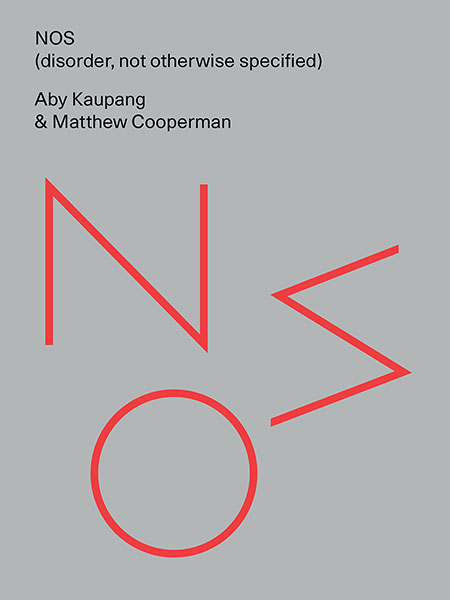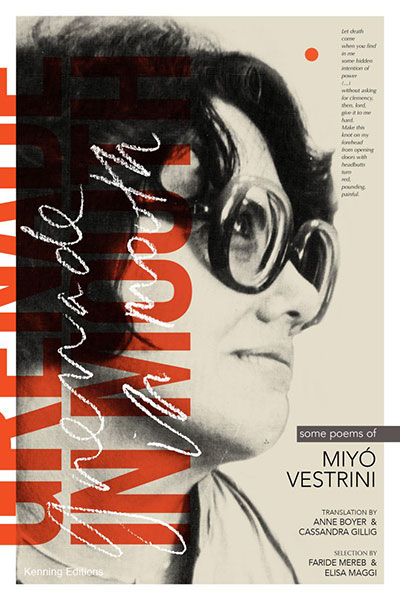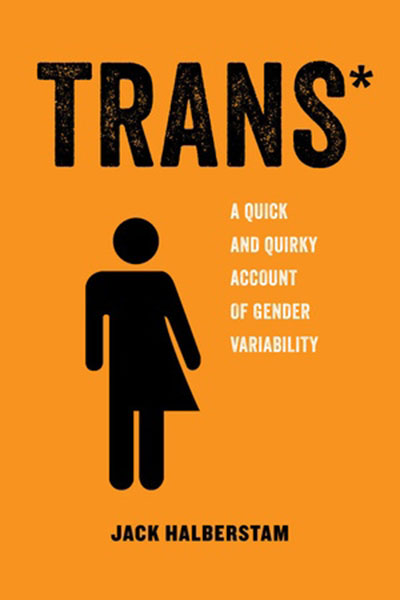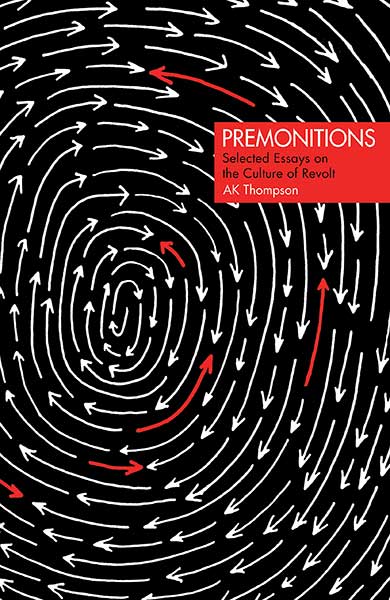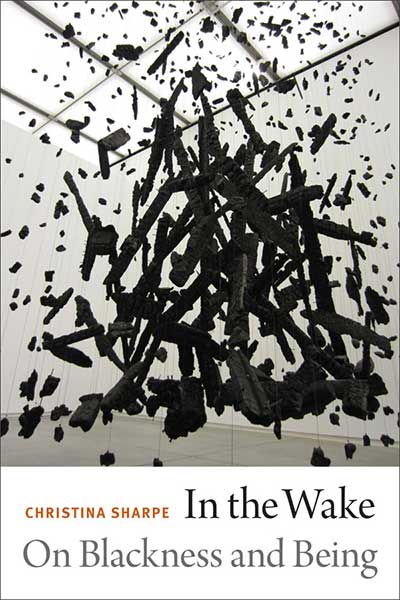Aby Kaupang & Matthew Cooperman
NOS (disorder, not otherwise specified)
This is an incredible, devastating, and beautiful book. Really a vital one. I’m hoping NOS makes its way to any reader who needs to know they are not alone with the challenges of autism, of illness, of hospitals, or parenting, of living. This book is so raw and so full of love. NOS opens with “WORDS FOR THOSE WHO DON’T SPEAK THEM”
when our daughter rises it is with and without her mouth
she sings in phones of plosive thirds that do not complete
the scheme and yet they are awake they are
very awake
NOS then shifts, as it will throughout, to many different modes and registers in its attempt to understand the experience of parenting a child with autism (or some other disorder), and to understand the dysfunctions and functions of caring, bodies, and language up against crisis. The second page modulates to a moment of clarity:
What is there to say of this child? She lived, lives through this. So did we. You want to know more about her. So do we.
The girl began and then so did the book, a mirror for sorrow or anger or fear.
NOS also includes photographs and documents that all feel completely integral to the experiences Kaupang and Cooperman are conveying. This might be the first work of documentary poetry that made me cry. It is so deeply tender and torn. If you only read one book on this list, make it this one.
Miyó Vestrini
Grenade in Mouth; Some Poems of Miyó Vestrini
Oh holy hell, this is good. These are texts (mostly poems) written by the Venezuelan poet, journalist, and screenwriter Miyó Vestrini between 1960 and 1990. I’ve slowed down my reading of Grenade in Mouth to maybe a line or two at a time as I want it to last as long as possible. I’m also skipping around a bit so that there will be poems I missed to discover later. I’m laying the ground for my next pass. Vestrini is amazing. How can she be so breezy and so intense? How can she sound like someone you know and nobody you’ve ever read? How can this be so much about her world and ours? Translators Anne Boyer and Cassandra Gillig, in their super sharp Introduction, say, “To translate Miyó Vestrini is like letting a deadly current pass through one’s body and hoping not to get hurt. To read Miyó Vestrini is much the same, and any introduction to her work must end with a warning: of course this is dangerous territory.” The work is, of course, as vital and energizing as it is deadly. It is wild and brilliant. Nobody should ask me to write another “What I’m Reading Now” column for a while because I will still be reading this.
Jack Halberstam
Trans*; A Quick and Quirky Account of Gender Variability
I’m tempted to say that this book is friendly. By which I think I mean: 1) It includes loads of fascinating scholarship and theory, but its primary tone and vocabulary is journalistic; 2) it makes judgements but does not presume to judge a less experienced reader; 3) it is both bibliographic and anecdotal; and 4) it has short chapters and wraps up at 154 pages. It’s a great read. Halberstam uses the term “trans*” with an asterisk, explaining that this category “takes the prefix for transitivity and couples it with the asterisk that indicates a wildcard in internet searches; it is a diacritical mark that poses a question to its prefix and stands in for what exceeds the politics of naming and recognition. Trans* also signals the insufficiency of current classificatory systems.” Halberstam takes us briskly through the histories of those systems, their abuses and inadequacies, but also the spaces they opened up. Trans*, Halberstam insists, “marks a politics based on a general instability of identity and oriented toward a social transformation, not political accommodation.” I’m loving the sections on race and on queer temporality, and also the many concise histories of the intersection of trans* experience and state domination where culture was sometimes a part of that domination and sometimes its antidote.
AK Thompson
Premonitions; Selected Essays on the Culture of Revolt
Premonitions is at once wide-ranging and doggedly centripetal. Thompson says that “…each of the essays in this volume attends to either a promise or a pitfall embedded in today’s culture of revolt,” and that’s true, the book circles this ground. But I’d say there are mostly pitfalls where Thompson can be found rooting around for promise. With Walter Benjamin as his lodestar, Thompson navigates a variety of encounters through which he tries to understand our frustrated desires for a better world. He does this primarily in order to return us to those desires more clear-eyed and ready for the next battle. His mode is at once psychoanalytic, literary, and strategic, and the book shifts nimbly between academic and more accessible registers in an attempt to bring thinking to bear on our ongoing need for a politics of action. I love AK Thompson’s palpable political commitment, his energetic curiosity, his careful scholarship and, crucially, his sense of humor. He often fuses absurdity, despair, and an unwillingness to give up with the aid of a sly, sad joke.
Christina Sharpe
In the Wake: On Blackness and Being
Sharpe opens her book with a series of riveting and moving personal stories, explaining that, “Like [Saidiya] Hartman I include the personal here, ‘to tell a story capable of engaging and countering the violence of abstraction.’” Sharpe’s introductory stories are mostly about deaths in her family, deaths that she connects to others beyond her immediate sphere, and about which she asks “what does it mean to defend the dead? To tend to the Black dead and dying: to tend to the Black person, to Black people, always living in the push toward our death?” She answers herself, “It means work; hard emotional, physical, and intellectual work.” This is the work Sharpe does in and on “the wake” of slavery, in and on its histories and its presence. Throughout, she uses the trope of being in “the wake” in so many beautiful and astounding ways, but centrally, she says that “to be in the wake is to occupy and to be occupied by the continuous and changing present of slavery’s as yet unresolved unfolding.” I think I’m going to use Chapter Two (“The Ship”) in the Image-Text class I teach. For several reasons. First, it opens with a brilliant and much-needed critique of Allan Sekula’s beloved book Fish Story and his film The Forgotten Space, both of which I already teach, but always with some hesitation about Sekula’s treatment (ersasure) of race and gender that Sharpe really nails. Second, she introduces a concept of the Trans* Atlantic—using the asterisk in much the same way as Halberstam does (I’m curious about the genealogy here). Third, throughout, she pays close, even loving, attention to politically engaged art, literature, documentary photography, and the ways they serve, sever, or reveal the ongoing histories of slavery.
